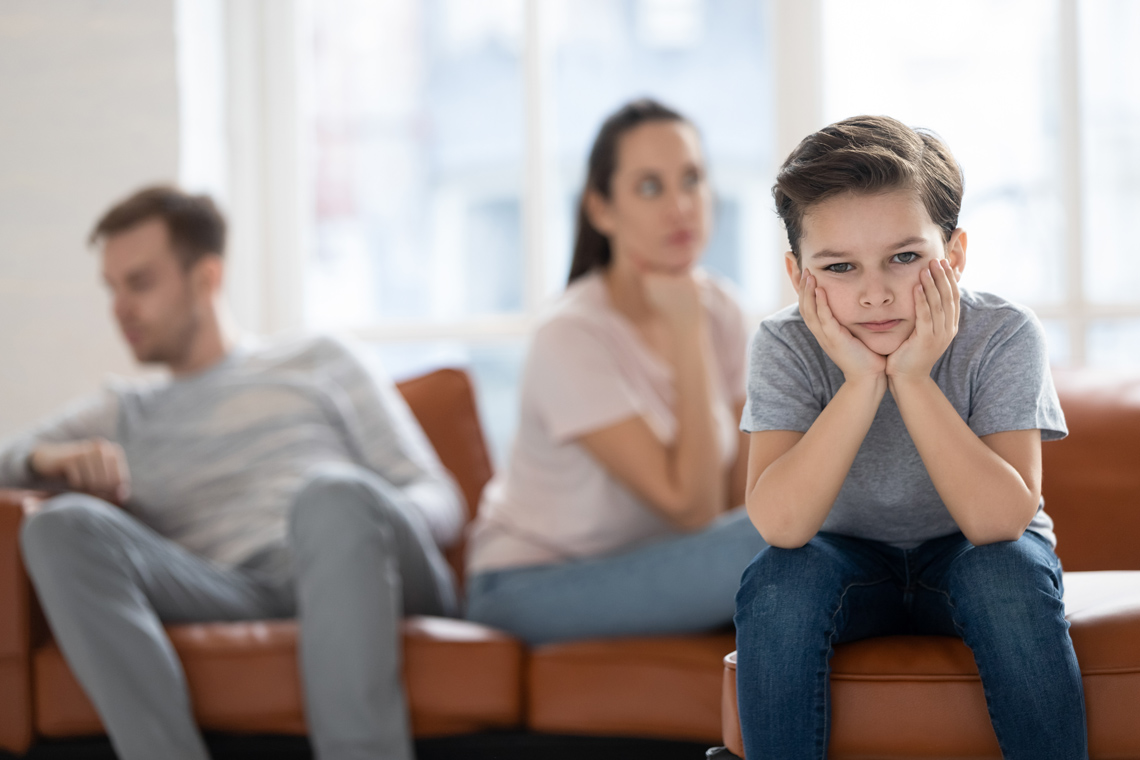
Making decisions about child custody is never easy—it can be one of the hardest parts of a divorce. Putting them into practice as co-parents can be equally difficult, and divorce mediation specialists Costa Mesa can help you reach decisions that make sense for the whole family.
Not everyone wants to leave such important decisions up to a courtroom that doesn’t truly know your family. Mediation is an option that will help you find a solution outside the legal system by forming an agreement between parents.
Co-parenting after mediation normally goes more smoothly than co-parenting without mediation.
Mediation is a process that brings the two people in a divorcing couple together and helps them make decisions about their future—from how to distribute assets to who gets custody of the children.
During the process, a mediator is present to guide the conversation and listen to each person’s concerns without judgment. This neutral third party will help discover each person’s needs, and help come up with a plan to meet them in the divorce settlement.
Throughout mediation, you’ll likely have some difficult discussions, but a trained mediator is present to help you both understand each other and reach some common ground. The goal is to have the two parties reach important agreements about what will happen after the divorce.
In the case of co-parenting, you’ll likely discuss a custody plan that covers holidays spent with the children, scheduling, and more.
After divorce, many parents share custody with their former spouses. Experts agree that it benefits children if both parents continue to be present in their lives. It allows the children to maintain strong bonds with both parents and get support from both of them.
In a co-parenting situation, parents may share custody and make joint decisions about their children’s health, education, and upbringing. Since both parents are responsible, there’s usually a lot of communication required between the two, leaving the potential for conflict.
It’s common to have lingering resentments after a divorce, and some of that can seep into concerns about the other person’s parenting style or responsibility. Ideally, parents should learn how to set those feelings aside so they can move forward in raising their children.
In a new co-parenting situation, things may feel strange, both for the parents and for the children. It may take some time to adjust to the new conditions of child custody and visitation.
Give yourself and your child some time to get used to the terms of your divorce, and be prepared for some friction as everyone makes the transition.
It can be helpful for the parents to frame their new co-parenting relationship with each other differently from their marriage. The shared goal is to care for the child and provide a stable, secure environment.
Parents will need to learn to work together in a new context to meet their child’s needs, both emotional and physical. A child’s well-being can be a good motivator to help parents reconcile their differences. It can help you move past minor disagreements.
Co-parenting requires divorced people to stay in constant contact with each other, though, so it’s important to have a very intentional communication style. Think before you speak or otherwise make contact, and keep your focus on how to care for your child.
A lot of arguments about co-parenting crop up because of scheduling conflicts, lost paperwork, and other logistical issues. Most of these are related to problems with organization.
Sharing parenting responsibilities with an ex-spouse is stressful, especially if there isn’t a consistent line of communication between the two of you. Co-parenting may require you to step up your organizational skills.
One option is to look into the many apps that have been created to deal with this exact situation. They’ll help you keep up with your child’s schedule, store images of vital documents, and even budget for child-related expenses.
If you’d rather not use an app, you can always try doing the same organizational work in a paper planner. Some people find it helpful to write things down by hand instead of typing them, and the extra time it takes helps commit plans to memory.
Strong organizational skills and tools will help you take control of a busy schedule and provide the best for your child.
Just as you might need a mediator to help you set the terms of your divorce, a parenting coordinator can set you on the right path when it comes to co-parenting and sharing responsibilities after divorce.
This person performs a similar role to a mediator, they will act as a neutral third party and help settle disputes between parents. This makes it easier for parents to care for their children and it also provides more stability for the children during a difficult time.
The parenting coordinator will help enforce the terms set in the settlement. This person can also provide a sounding board for discussions about co-parenting, and suggest possible solutions.
Co-parenting means that you’ll continue to interact with your former spouse even after the divorce is finalized. There’s a lot of potential for conflict here, and you might have disagreements on how to raise your child, how to carry out your settlement agreements, and other issues.
If new concerns crop up as time goes on, you can schedule additional mediation to settle them. It’s difficult to cover all possible scenarios in the initial divorce mediation, so don’t hesitate to seek out additional mediation if you think it will improve your co-parenting situation.
As your child grows, it’s likely you’ll need to have more discussions about how to care for them. You can make new agreements on how to raise your child, and the presence of a mediator will make your discussions more productive.
Our expert mediators are prepared to help couples discuss and negotiate the issues that are most important to them, including child custody.
For flat-rate divorce mediation Newport Beach, contact us at Divorce Mediation of California today.